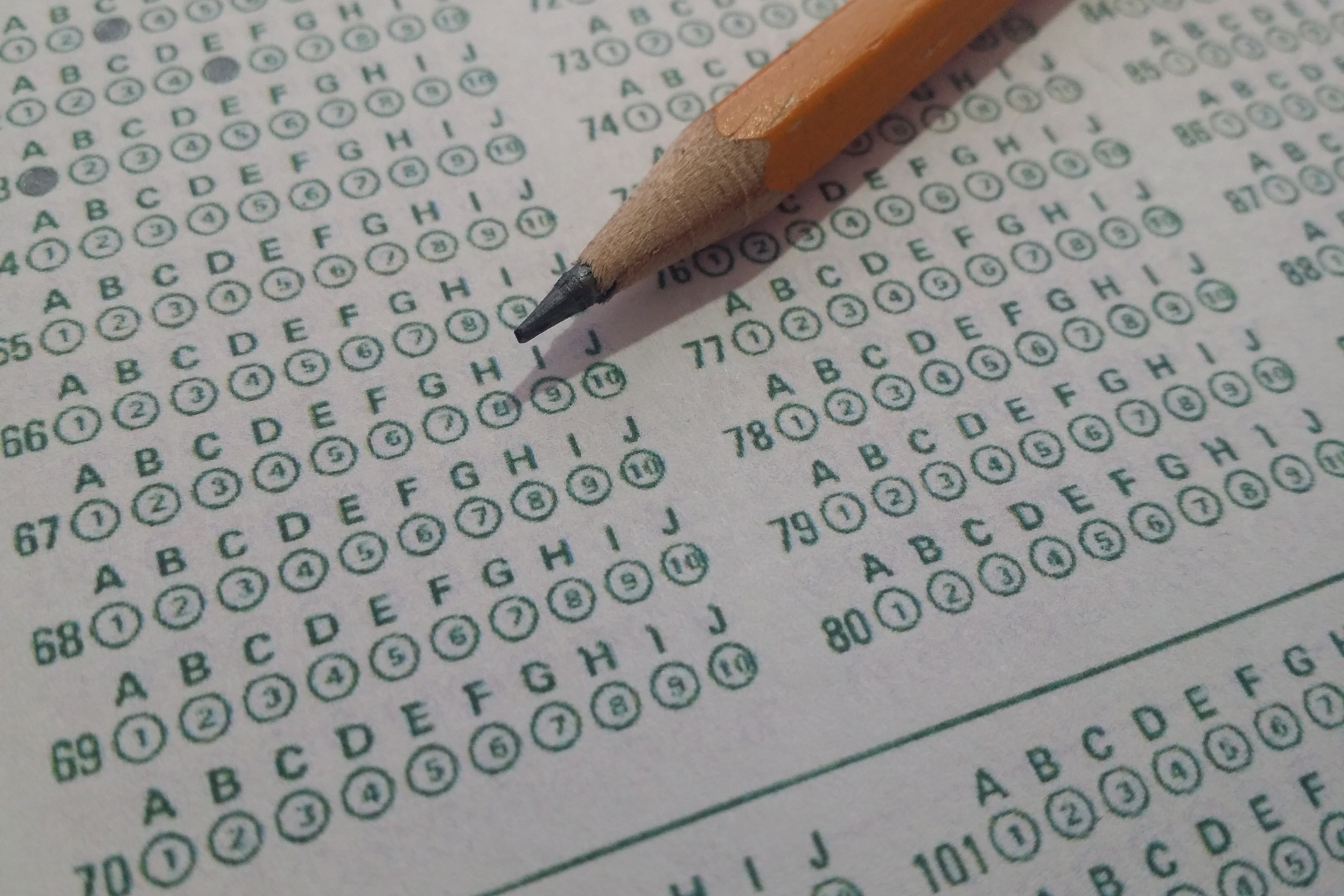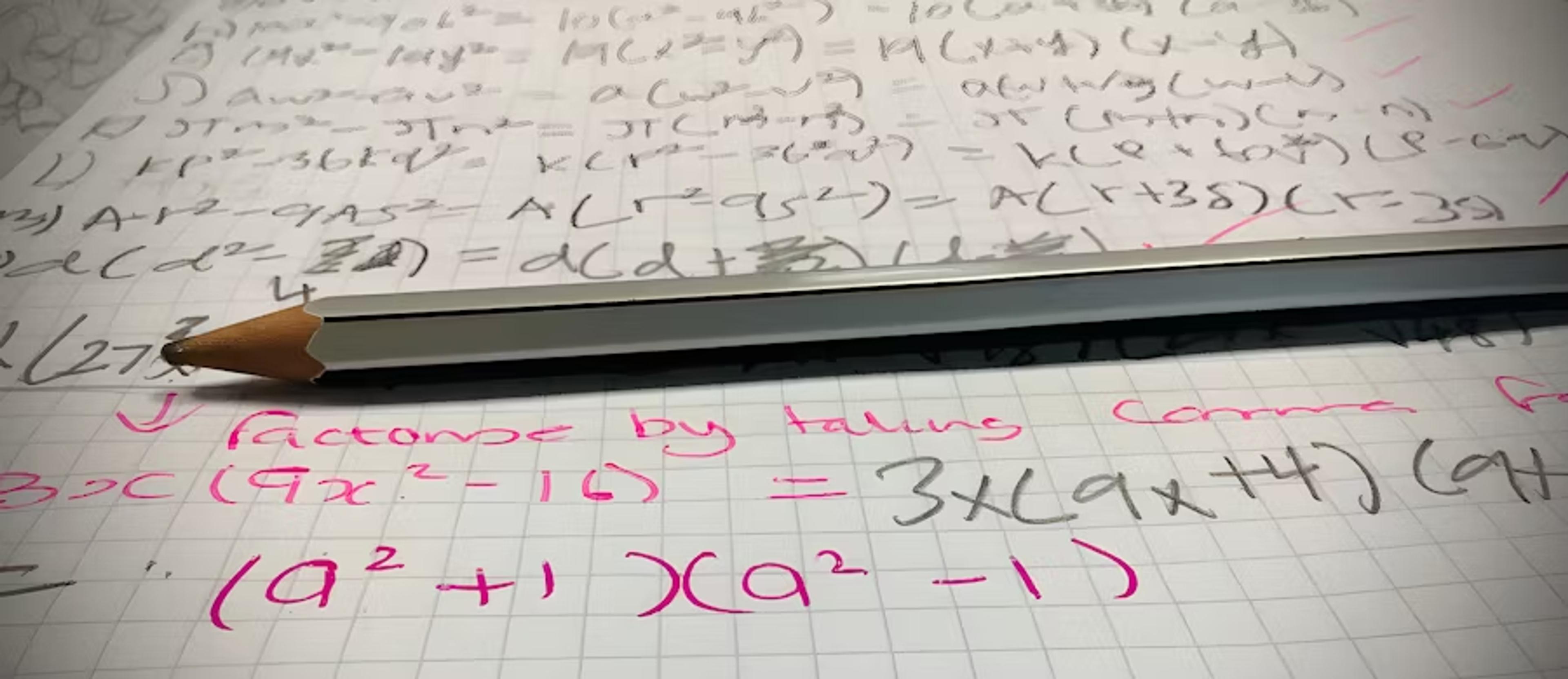
Table of Contents
If you’re preparing for the MCAT exam, you already know that it’s more than a test. It’s a high-stakes milestone standing between you and medical school. And with so much riding on one day, it’s easy to feel overwhelmed.
This guide breaks everything down: what’s actually tested on the MCAT, how long it is, what each section covers, how scoring works, and how to prep like someone aiming for a 515+. You’ll walk away with a clear plan and the confidence to execute it.
How Long Is the MCAT?
Let’s get real: the MCAT test is one of the longest standardized exams you’ll ever take—7 hours and 33 minutes of official testing time, not including check-in, breaks, and the mental weight of it all. If you include everything from arrival to exit, your MCAT test day can stretch well over 8 hours.
Here’s how that time breaks down:
- Chemical and Physical Foundations of Biological Systems – 95 minutes
- Critical Analysis and Reasoning Skills (CARS) – 90 minutes
- Biological and Biochemical Foundations of Living Systems – 95 minutes
- Psychological, Social, and Biological Foundations of Behavior – 95 minutes
- Plus: an optional tutorial (10 minutes), two optional breaks (10 and 30 minutes), and a survey at the end
That’s four marathon-length sections requiring sustained focus and mental endurance. And this is where a lot of test takers underestimate the challenge—not the content, but the stamina.
What top scorers do differently:
They prep for time. High scorers build up to full-length practice tests under actual test conditions, including break timing and section order. They train their brains to stay sharp across all four sections, not just the first two.
Use your optional breaks wisely. Bring familiar snacks, stay hydrated, and use those 10- and 30-minute breaks to reset. A sluggish third section can tank your MCAT score, even if your content knowledge is solid.
MCAT Format Overview
| Section | Time | # of Questions | Question Format | What It Tests | Subjects Covered |
|---|---|---|---|---|---|
| Chemical and Physical Foundations of Biological Systems | 95 minutes | 59 (10 passages + 15 discrete) | Multiple choice (passage-based + standalone) | Application of physical and chemical principles to living systems; scientific reasoning | General chemistry, organic chemistry, physics, biochemistry, biology |
| Critical Analysis and Reasoning Skills (CARS) | 90 minutes | 53 (9 passages) | Passage-based multiple choice only | Reading comprehension, logic, argument evaluation | Humanities, social sciences (no outside knowledge required) |
| Biological and Biochemical Foundations of Living Systems | 95 minutes | 59 (10 passages + 15 discrete) | Multiple choice (passage-based + standalone) | Understanding of biological and biochemical processes in living organisms | Introductory biology, general chemistry, organic chemistry, biochemistry |
| Psychological, Social, and Biological Foundations of Behavior | 95 minutes | 59 (10 passages + 15 discrete) | Multiple choice (passage-based + standalone) | Behavior, mental processes, sociocultural health factors | Intro psychology, intro sociology, biology, research methods |
Timing & Test-Day Structure
| Activity | Time | Notes |
|---|---|---|
| Check-in & ID Verification | Varies | Arrive 30 minutes early |
| Optional Tutorial | 10 minutes | Learn interface & controls |
| Section 1: Chem/Phys | 95 minutes | |
| Break | 10 minutes | Optional |
| Section 2: CARS | 90 minutes | |
| Break | 30 minutes | Optional, longer lunch-style break |
| Section 3: Bio/Biochem | 95 minutes | |
| Break | 10 minutes | Optional |
| Section 4: Psych/Soc | 95 minutes | |
| Void Question | 3 minutes | Choose to void or keep your score |
| End-of-Day Survey | ~5 minutes | Optional, not scored |
What the MCAT Really Tests and Who It’s For
The MCAT is a reflection of how you think, how you problem-solve, and how well you can apply what you’ve learned under pressure. It’s designed to evaluate three core dimensions every future physician needs:
- Critical thinking and reasoning skills (especially under time constraints)
- Mastery of foundational content in science, psychology, and sociology
- The ability to integrate knowledge across disciplines—like connecting chemistry to physiology, or behavior to biology
This is why strong memorization alone isn’t enough. The MCAT requires you to interpret experiments, draw conclusions from complex data, and apply theories to real-world clinical and research scenarios.
Who Takes the MCAT?
Most MCAT test takers are college students in their junior or senior year, planning to apply to medical school within the next cycle. However, it’s not limited to current students; many are career changers, recent graduates, or non-traditional applicants who’ve completed the necessary prerequisites.
Every year, over 85,000 people sit for the MCAT exam, hoping to gain admission to U.S. and Canadian medical schools. Admissions committees at American medical colleges rely on the MCAT as a standardized measure of academic readiness and reasoning ability.
What’s a Competitive MCAT Score?
- The average MCAT score among all test takers is around 501
- For accepted applicants, average MCAT scores are typically 510–515, depending on the school
- Top-tier schools often expect 515+, especially when paired with a strong GPA and clinical experience
In other words, your MCAT score tells admissions officers how ready you are for the intellectual rigor of med school, and how well you might perform on future board exams.
Read: Average MCAT Scores of the Top 50 Medical Schools
Test Dates, MCAT Cost & Logistics
Test Dates & Scheduling
- The MCAT is offered from January through September 2025.
- AAMC releases registration in two waves:
- October 2, 2025, for January–June test dates
- February 19, 2026, for July–September test dates
Test dates are available in most U.S. states, Canada, and select international locations. Seats fill quickly, especially at popular testing centers, so register as early as possible. You’ll choose your testing center and test date when you register through the AAMC website.
MCAT Cost Breakdown
- Standard Registration: $345
- Fee Assistance Program (FAP): $140
- Includes free MCAT prep, reduced med school app fees, and waived AMCAS fees
- International Fee: Additional $120 (for locations outside the U.S. and Canada)
- Late Registration Fee: $50–100 (if registering within 30 days of your test date)
- Rescheduling Fee: $50–200, depending on how close to the test you change it
- Cancellation Refund: Partial refunds available if canceled 30+ days in advance
Tip: If you qualify for the AAMC’s Fee Assistance Program, apply early. Benefits apply to both the MCAT and your med school applications.
Key Deadlines to Know
- 60-day deadline: Last day to reschedule with a lower fee
- 30-day deadline: Last day to cancel for a partial refund
- 10-day deadline: Final chance to reschedule or cancel—no refunds after this
- All deadlines are measured backward from your MCAT test date
Helpful MCAT Prep Tips
Practice Tests Are Non-Negotiable
Full-length practice exams are one of the most predictive tools for your real MCAT score, but only if you use them correctly. Don’t wait until the final weeks to start; build toward 5–10 timed, full-length practice tests, spaced out over several months. Begin with untimed sets to learn the test structure, then shift into realistic simulations. Each test is a chance to improve your pacing, stamina, and mental recovery between sections.
If you’re not using AAMC’s official practice tests, start there. They most closely reflect the actual test in difficulty, passage style, and scoring logic. Supplement with third-party exams from providers like Blueprint, UWorld, or Altius, but always calibrate your expectations to how you perform on AAMC material.
Read: The Best MCAT Prep Course for Your Success
How Expert Scorers Study
The most effective MCAT prep is about layering scientific content review with targeted reasoning skills practice. After building your base in general chemistry, organic chemistry, biology, biochemistry, physics, psychology, and sociology, start integrating practice passages as early as possible. That’s how you learn to apply content under pressure, not just recite it.
CARS needs daily attention. Even science-minded students stumble on this section because it tests logical inference and reading comprehension, not facts. Spend 30–45 minutes daily on CARS practice, and regularly review your logic and answer choices. Improving here takes time, not cramming.
Use reliable MCAT prep resources, but don’t rely on them blindly. The best students combine books, video lectures, AAMC question packs, and test forums (like Reddit or Student Doctor Network) to clarify weak spots and crowdsource strategies. If a particular topic like amino acids or electrostatics, isn’t clicking, use multiple formats to fill the gap.
Read: The Best 50+ Free Resources for the MCAT Exam
Build a Study Plan That Mirrors the Real Thing
The MCAT rewards stamina and consistency. A strong, structured study plan spans 4–6 months and follows a clear rhythm: review content → practice passages → take a practice test → analyze your performance → repeat.
Your weekly flow should mimic test day conditions. Block out time for 90–95-minute study sessions (the same length as each MCAT section), followed by short optional breaks, just like the real exam. That trains your brain to stay alert for hours—not just bursts.
Review every wrong answer, but also every lucky guess and every question you got right for the wrong reason. This is where elite scorers pull ahead—they study their mistakes like data, not like failure. Track your errors over time. Are they due to timing? Concept confusion? Misreading the question? Fix the pattern, not just the problem.
Read: MCAT Study Schedules: Comparing 1, 3, and 6-Month Plans
Your Roadmap to Exam Day
| Step | Timeline | Milestone |
|---|---|---|
| Begin with diagnostic | Month 1 | Understand baseline and section weaknesses |
| Build content foundation | Months 1–3 | Cover all science: general, organic chemistry, biochem, psych/soc |
| Add practice & test strategy | Months 3–5 | Weekly practice tests, daily CARS |
| Full-length simulation | Month 5 | Three proctored tests close to test date |
| Final review sprint | Last 4 weeks | Review errors, refine timing, ease off new content |
| Test day | Your MCAT test date | Execute: tutorial, four sections, optional breaks, finish strong |
Final Takeaway
The MCAT test is a marathon of science, reasoning, and mental endurance. By mastering sections of the MCAT, leveraging top MCAT resources, taking multiple practice tests, and following a strategic schedule aligned with your test date, you're positioning yourself for med school acceptance and a successful medical career—not just surviving test day, but excelling.
Take the next step: Connect with an expert MCAT coach who’s guided hundreds of students to 515+ MCAT scores, tailored to your rhythm, strengths, and ambitions. Also, check out our medical school application bootcamp to unlock your medical school potential. Let’s get your performance above average.
Read these next:
- How Many Times You Can Take the MCAT – (& When to Take It)
- MCAT High Yield Topics: Everything You Need to Know
- How to Break the Cycle of Performance Anxiety
FAQs
How long is the MCAT, start to finish?
- The full test takes about 7 hours and 33 minutes, not counting check-in. If you include all the optional breaks, you’re looking at a total time commitment of just over 8 hours.
What’s considered a good MCAT score for med school?
- It depends on where you’re applying, but most accepted students score between 512 and 514. For top-tier schools, you’ll usually want a 515 or higher.
How many practice tests should I take before the real thing?
- At least 5–10 full-length practice exams and ideally under real test-day conditions. Add in daily passage practice, especially for CARS and your weaker sections.
What subjects are actually tested on the MCAT?
- You’ll need to know general chemistry, organic chemistry, biochemistry, physics, biology, psychology, and sociology. There’s also a critical reading section (CARS) that doesn’t require any outside knowledge but tests your reasoning and comprehension skills.
How can I get better at the CARS section?
- Read challenging material every day. Think essays, philosophy, ethics, or social science articles. Focus on reading comprehension, tone, and logic. Don’t just answer the questions; learn to predict how the test wants you to think.
Browse hundreds of expert coaches
Leland coaches have helped thousands of people achieve their goals. A dedicated mentor can make all the difference.











